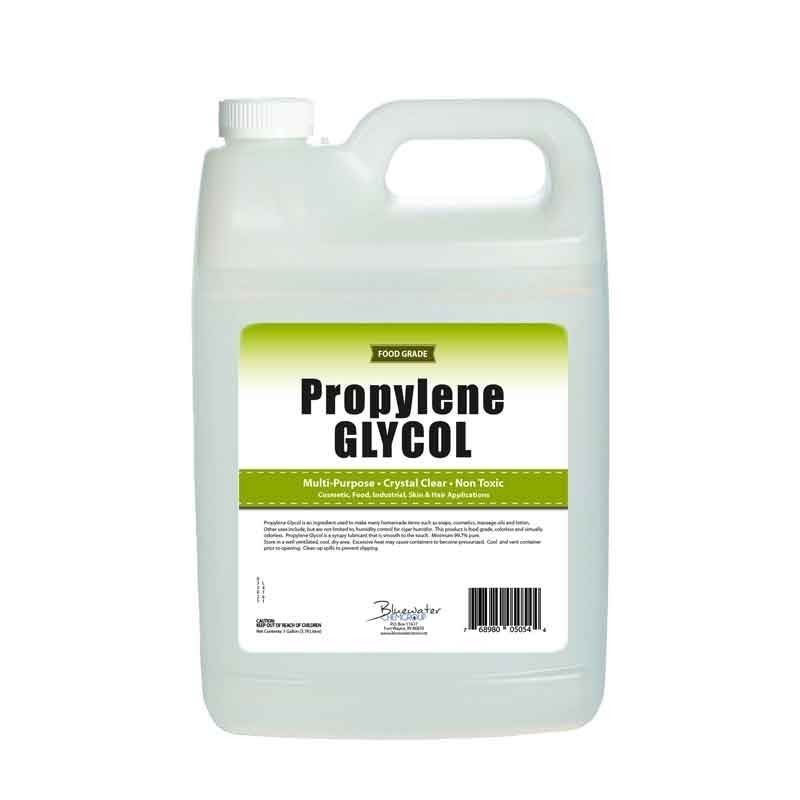
Price :
৳550
Estimated Shipping Time: Deliveries take up to 4-5 days after you place your order.
Product SKU: yOS7018t5p
Propylene Glycol (PG) For Food Chemical
Propylene glycol (PG) is a food additive that is generally recognized as safe (GRAS) by the U.S. Food and Drug Administration (FDA) when used in accordance with established safety guidelines. Here are some common uses of propylene glycol in food:
1. Solvent for Flavorings: Propylene glycol is often used as a solvent for food flavorings and food colorings, allowing these additives to mix effectively with other ingredients and distribute evenly throughout the product.
2.Stabilizer and Thickener: In some dairy products, propylene glycol can be used as a stabilizer and thickener. It helps maintain the texture and quality of products like ice cream and flavored milk.
3.Preservative: Propylene glycol may be used as a preservative in certain food products, helping to extend their shelf life by inhibiting the growth of microorganisms.
4.Flavor Emulsification: It can be used to create stable emulsions in salad dressings and other condiments, ensuring that oil and water-based ingredients remain well-blended.
5.Moisture Control: In packaged fresh fruits and vegetables, propylene glycol can help control moisture levels to prevent wilting and maintain product freshness.
6.Anti-Caking Agent: Propylene glycol can serve as an anti-caking agent, helping to prevent clumping and maintaining the free-flowing texture of powdered food products, including spices, seasonings, and powdered drink mixes.
report regarding this chemical then contact us support@echem.com.bd.
No Review Found.
| Quantity | Discount |
|---|---|
| 10+ | 1% Off |
Login To Comment